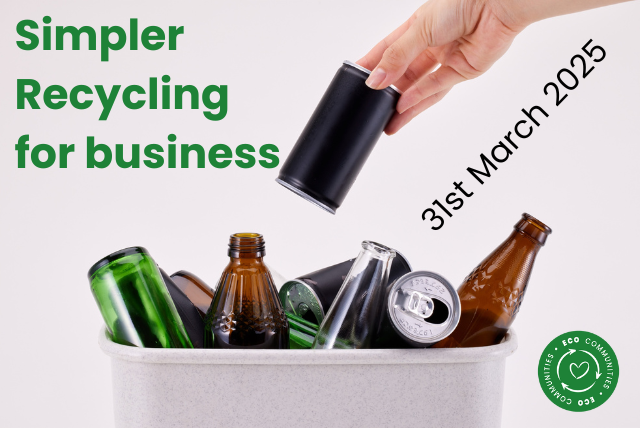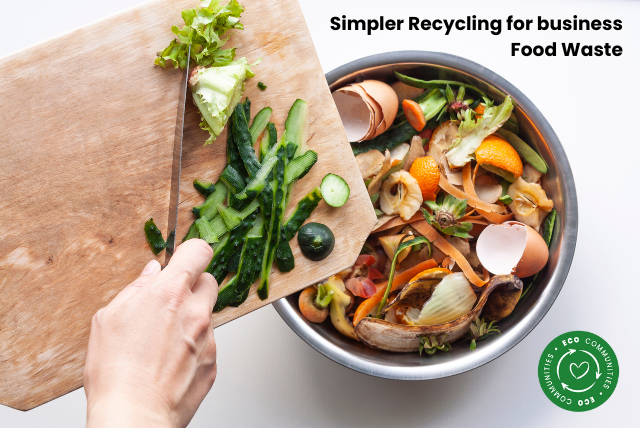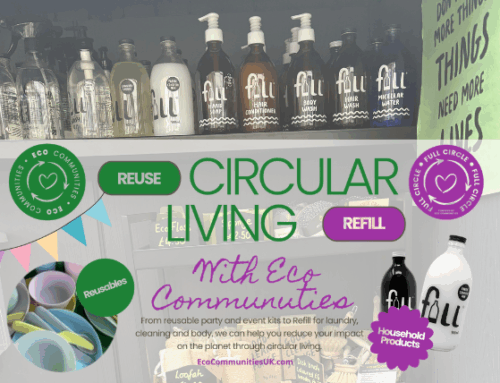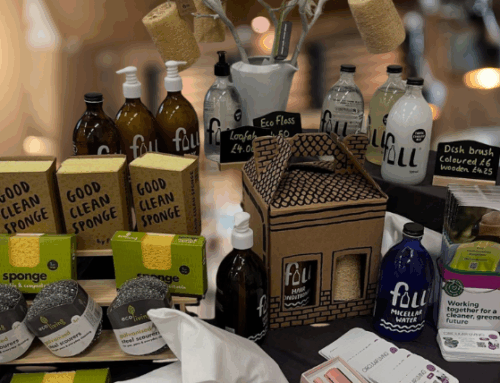
Helen Tandy, Founding Director
At Eco Communities we have no staff and so to be honest I assumed businesses would have been guided already on these changes. I heard from a large business landlord recently and the suggestion was that it was the landlords responsibility to collect the new ‘Simpler Recycling’ waste streams, but they had no means to make the business tenants actually recycle which didn’t fit with my understanding and so I thought it was time to do a write up. Simpler recycling is aimed at making recycling easier and more efficient across business and individuals in the UK. As rules in England, Wales, Scotland and Northern Ireland vary slightly the below is based on England, Wales are much further in the process (see end for more information)
A universal standard will ensure that everything that can be collected for recycling is collected in every region.
The changes under Simpler Recycling also impacts on households and should sort some of the confusion from region to region where everyone can recycle different things depending on where you are which can be confusing. By making recycling easier and more consistent, the UK hopes to increase recycling rates and reduce waste going to landfills/incineration. The new regulations will also simplify things by reducing the number of bins needed and making it easier for people to recycle, rather that each type of recyclable having to be collected separately some can be combined.
The new default requirement for most households and workplaces will be 4 containers for:
- residual (non-recyclable) waste
- food waste (mixed with garden waste if appropriate)
- paper and card
- all other dry recyclable materials (plastic, metal and glass)
These may be various container types, including bags, bins or stackable boxes.
The changes and dates from Simpler Recycling are as follows:
- Business (inc. all non domestic premises) with over 10 full time staff will come into force on the 31st March 2025.
- Households (Local Authority driven) will come under the new rules 31st March 2026.
- Smaller businesses classed as micro-firms, which have until March 31, 2027.
- Plastic film collections from businesses and relevant non-domestic premises, and households t kerbside will be introduced 31st march 2027.
Simpler Recycling means that all these recyclable materials need to be separated – plastic containers, metal, glass, paper, and card from general waste bins. Food waste should also be separated across households and businesses in line with the above, which will be a major change for business. Flexible plastic will also come into the legislation later, expected in 2027.
If you are a business ‘You’ are responsible – so you need to find a waste management company that will help you comply with the changes. Your current waste management company I am sure has been in touch. Non domestic premises will include schools, community centres etc.
The goal is to reduce waste going to landfills and promote a circular economy.
Food Waste

Household recycling is defined by our local authority but if you are in business you might need to read up and what you are
required to do. I think the biggest change will be in relation to food waste. There is also no minimum food waste weight before the new regulations apply and so all businesses with over 10 full time stall need to
put this in place soon.
Businesses must separate food waste from other waste streams. This includes food scraps from kitchens, canteens, and customer areas.
Recourses- see WRAP The Business of Recycling – CLICK HERE
Regional Changes
The Simpler Recycling initiative aims to standardize recycling practices across the UK, but there are some differences in how it’s being implemented in England, Scotland, Wales, and Northern Ireland:
- England: The new regulations will come into effect on March 31, 2025, for businesses and March 31, 2026, for households. Businesses will need to separate dry recyclables and food waste, while households will have four bins for non-recyclable waste, food waste, paper and card, and other dry recyclables.
- Scotland: Scotland has already implemented similar regulations, with a focus on reducing waste and increasing recycling rates. The Scottish government has been working on improving recycling infrastructure and promoting a circular economy.
- Wales: Wales has been a leader in recycling for several years. The country has already achieved high recycling rates and has a well-established system for collecting recyclable materials. The new regulations will further streamline and standardize recycling practices.
- Northern Ireland: Northern Ireland has its own waste management regulations, which are similar to those in England but with some regional variations. The focus is on reducing waste, increasing recycling rates, and promoting sustainable waste management practices.
Overall, while the core principles of Simpler Recycling are consistent across the UK, the specific implementation details and timelines may vary slightly between the countries.st March 2027




